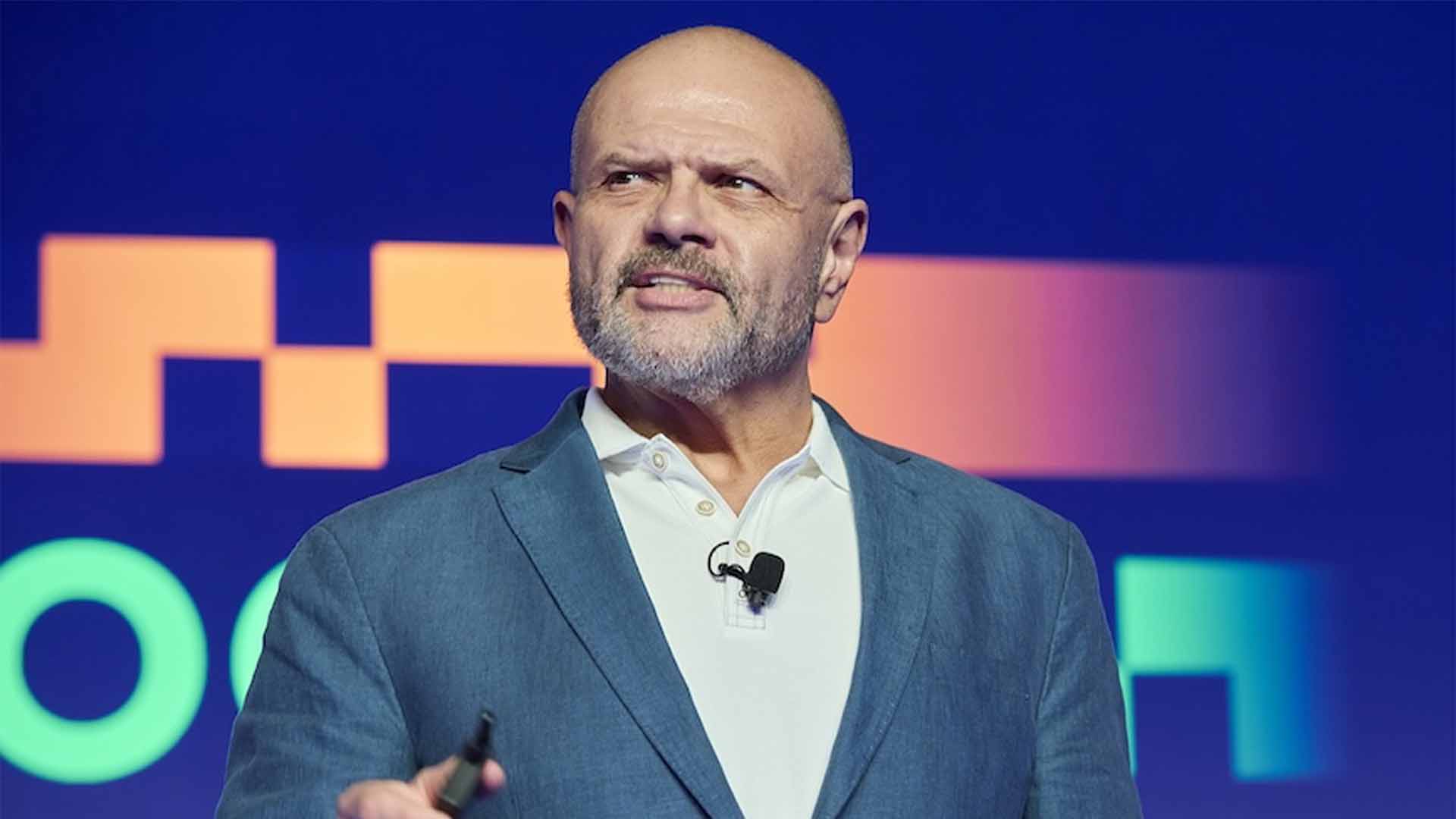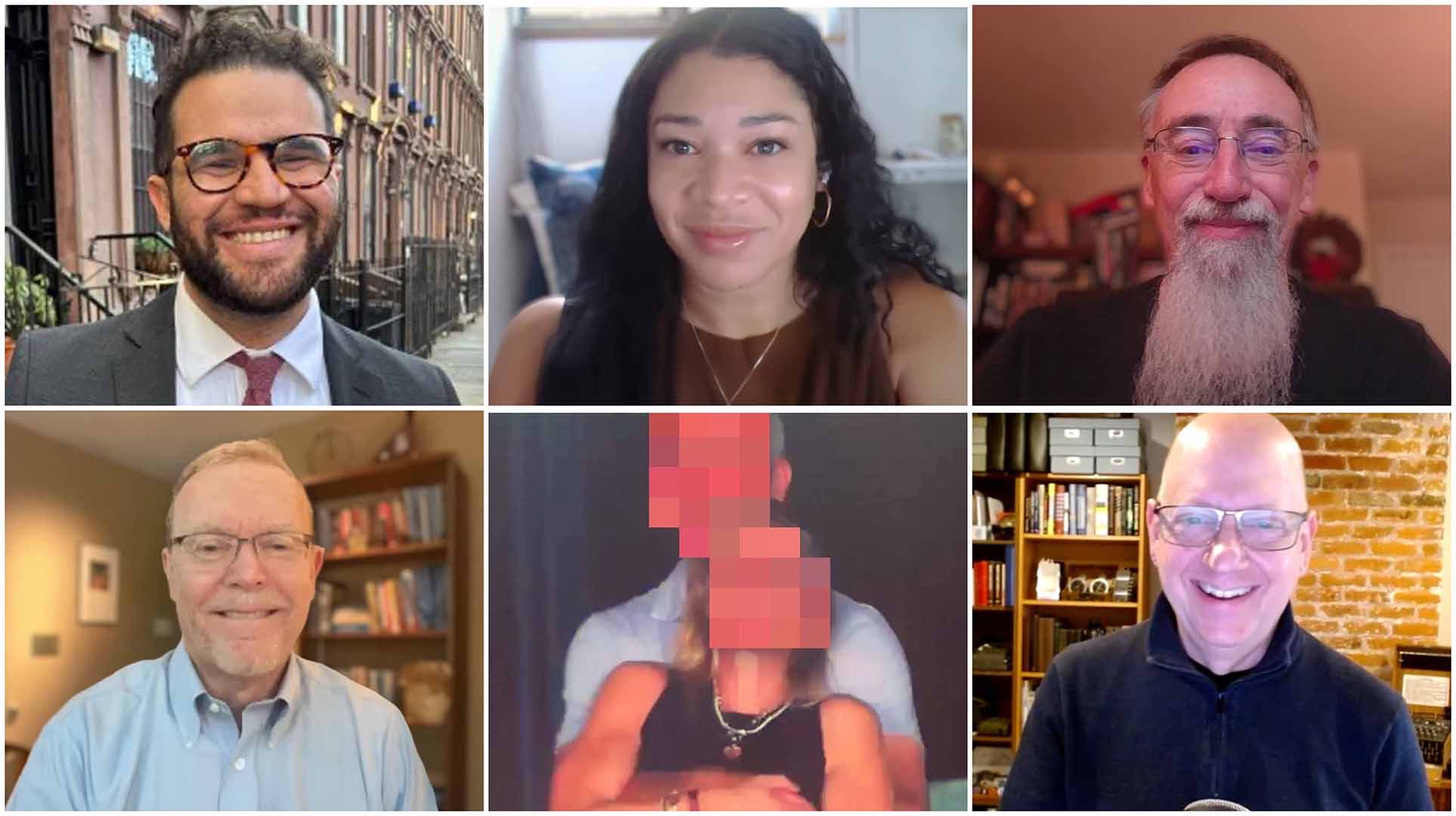The Good, the Bad and the Brokered
Beau Friedlander
Reading time: 4 minutes

“People have lost their lives because their data is available to their abuser.” This stark statement from Identity Theft Resource Center CEO Eva Casey-Velasquez cuts through the sanitized frames we’re used to seeing about “online privacy” and gets to the real issue when it comes to public-facing personal data online: It jeopardizes personal safety.
While professional athletes and high-profile judges go to considerable lengths to have their personal information scrubbed from the internet, most people are exposed to some extent, and the frass from our digital lives—our clicks, our purchases, our locations—fuels an industry many people don’t even know exists: namely, the data broker business.
Velasquez joined me this week to peel back the various considerations that are top-of-mind for her when it comes to online data, big data, and our data (she’s careful to make distinctions), revealing a complex ecosystem where we can be helped by one company while another collects, packages, and sells our most intimate digital details to the highest bidder.
The conversation on this week’s episode went beyond the typical warnings about hackers and scams to explore the uncomfortable truth that not all data brokers are equal.
The Wild West of Our Personal Data
The firms that traffic in our information come in many forms, but collectively, they’ve built a multi-billion-dollar industry on a simple premise: use everything we do online, from our loyalty card swipes to our search history and even our physical location, as grist for their marketing mills.
All this data is collected by companies that aren’t exactly household names. Stitched together in various ways for a variety of use cases, a detailed and salable portrait of who you are, what you like, and—to malicious actors—when you’re most vulnerable is then converted into scalable businesses.
So while it used to be that identity thieves Dumpster-dived for discarded documents (and that still happens), the true scale of modern data-related crime is largely digital.
Navigating the spectrum
Velasquez argues that the business of our personal information exists on a spectrum. The “ugly” end of it is obvious: sites that publish home addresses and other sensitive information, creating a ready-made dossier for stalkers, abusers, and other malicious actors. These uses, she argues, should be banned outright, and in the meantime consumers should take evasive measures.
Then there’s the “bad,” companies like Meta and Google, which collect vast amounts of granular data to sell to advertisers. While not an immediate threat to personal safety, it can be and regardless is exploitative.
As for the “good,” Velasquez pointed to the legitimate and beneficial role our data can play in fraud detection.
Regulation and Individual Action
The current situation is a kind of digital Wild West, where a lack of strong, enforceable regulations allows unscrupulous players to thrive. Even when fines are issued, they’re often absorbed as a mere cost of doing business for larger companies.
Any lasting solution will need to be nuanced, but in the meantime, the burden of protection falls on the individual. But what should you do about the kinds of fraud that public-facing personal details make possible in the here and now?
Velasquez offered some sage advice:
- If you didn’t initiate the contact, don’t engage. This simple rule can prevent many scams from getting off the ground.
- Use multifactor authentication (MFA) on all accounts. The best option is a physical security key, which is virtually unhackable remotely.
- Freeze your credit. This is a powerful, proactive step to prevent thieves from opening new accounts in your name.
Ultimately, protecting our digital identity is a two-front war. It requires stronger regulation and enforcement on the industry side, but it also demands that we, as consumers, become more vigilant. Our data is everywhere, and it’s up to us to understand the risks and take action to ensure that our digital lives remain our own.
Our privacy advisors:
- Continuously find and remove your sensitive data online
- Stop companies from selling your data – all year long
- Have removed 35M+ records
of personal data from the web
Save 10% on any individual and
family privacy plan
with code: BLOG10
news?
Don’t have the time?
DeleteMe is our premium privacy service that removes you from more than 750 data brokers like Whitepages, Spokeo, BeenVerified, plus many more.
Save 10% on DeleteMe when you use the code BLOG10.

















